As more businesses open their doors, the HSE is warning that inspectors are out and about, putting employers on the spot and checking that they are complying with health and safety law.
The health and safety body is calling for businesses to make sure they’re ‘COVID-secure’, which, it says, means being adaptable to the current guidance and putting measures in place to control the risk of coronavirus to protect workers and others.
If you are the owner of a business, it recommends five practical steps that you can take:
- Step 1. Carry out a COVID-19 risk assessment in line with HSE guidance.
- Step 2. Develop increased cleaning, hand washing and hygiene procedures.
- Step 3. Take all reasonable steps to help people work from home.
- Step 4. Maintain 2m social distancing where possible.
- Step 5. Where people cannot be 2m apart, manage transmission risk.
Philip White, Director of Regulation at HSE said:
“Becoming COVID-secure should be the priority for all businesses. By law, employers have a duty to protect workers and others from harm and this includes taking reasonable steps to control the risk and protect people from coronavirus. It’s important that workers are aware of the measures that will be put in place to help them work safely.
“Ensuring workplaces are COVID-secure will not only reassure and increase confidence with workers, but also customers, partners and the local community. Nobody wants lockdown measures to be reversed and the government has made clear that it will not hesitate to do so if the virus is not properly controlled.”
As inspections are ongoing, HSE has utilised a number of different ways to gather intelligence and reach out to businesses with a combination of site visits, phone calls and collecting supporting visual evidence such as photos and video footage.
Some of the most common issues that HSE and local authority inspectors are finding include:
- Failing to provide arrangements for monitoring, supervising and maintaining social distancing.
- Failing to introduce an adequate cleaning regime – particularly at busy times of the day.
- Not providing access to welfare facilities to allow employees to frequently wash their hands with warm water and soap.
The HSE will support businesses by providing advice and guidance – however, where employers are not managing the risk, HSE it take action, ranging from the provision of specific advice, issuing enforcement notices, stopping certain work practices until they are made safe and, where businesses fail to comply, prosecution.
White continued:
“All sectors and business of all sizes are in scope for inspections and we will ask questions of duty-holders to understand how they are managing risks. We understand that the vast majority of employers want to make their workplaces secure and are doing everything they can to keep people and their business safe and healthy.
“Ultimately, becoming COVID-secure benefits the health of our nation; the health of our communities, of businesses and the health of the UK economy. As a nation, we can’t afford not to become COVID-secure.”
Back in June, International Workplace published an in-depth article on what makes a business COVID-secure and how it will be regulated. Take a look here.
You may also be interested in
RELATED CONTENT
RELATED COURSES
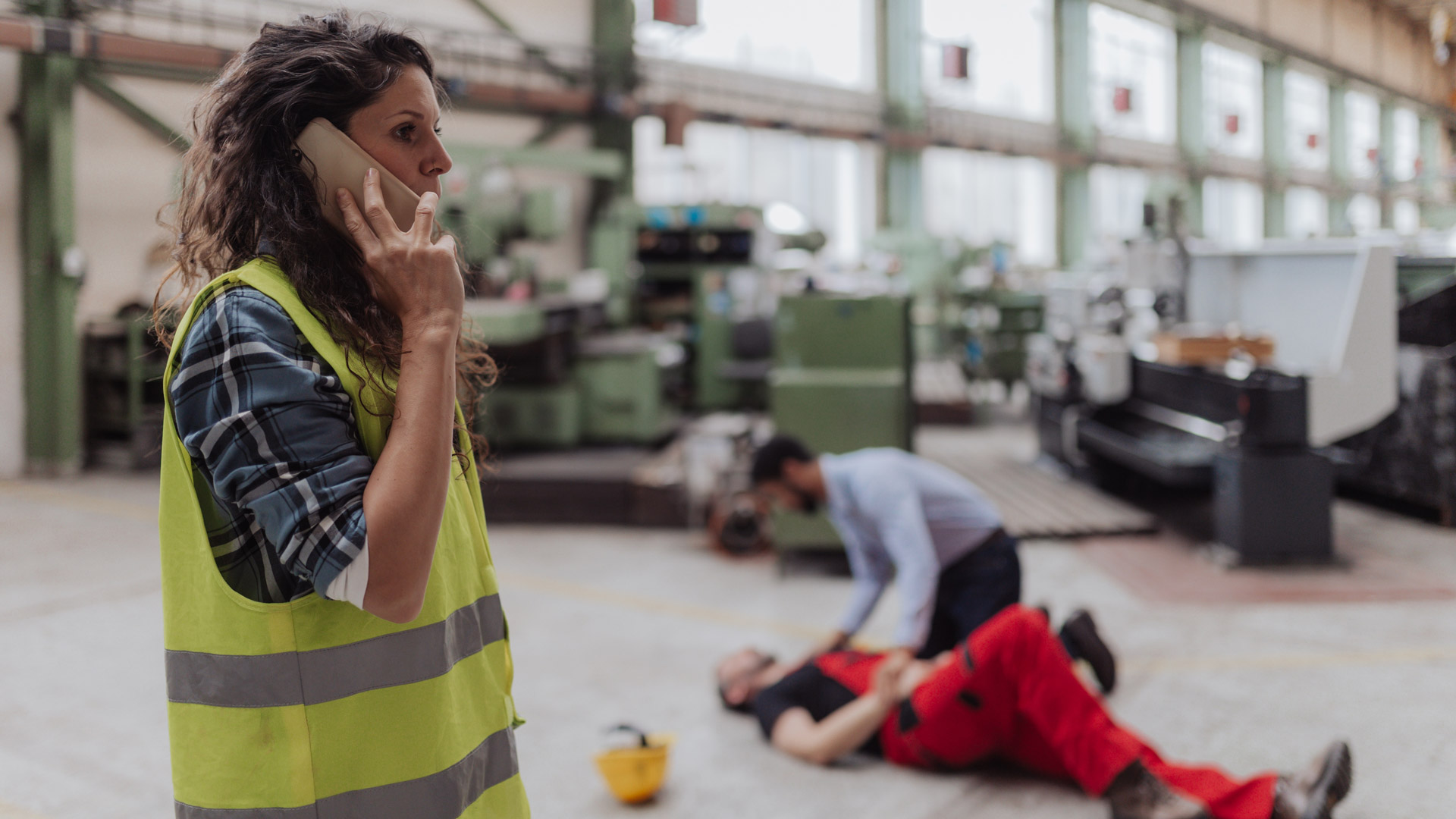
The Emergency first aid course offers learners the skills and knowledge to deal with emergency first aid situations at work.
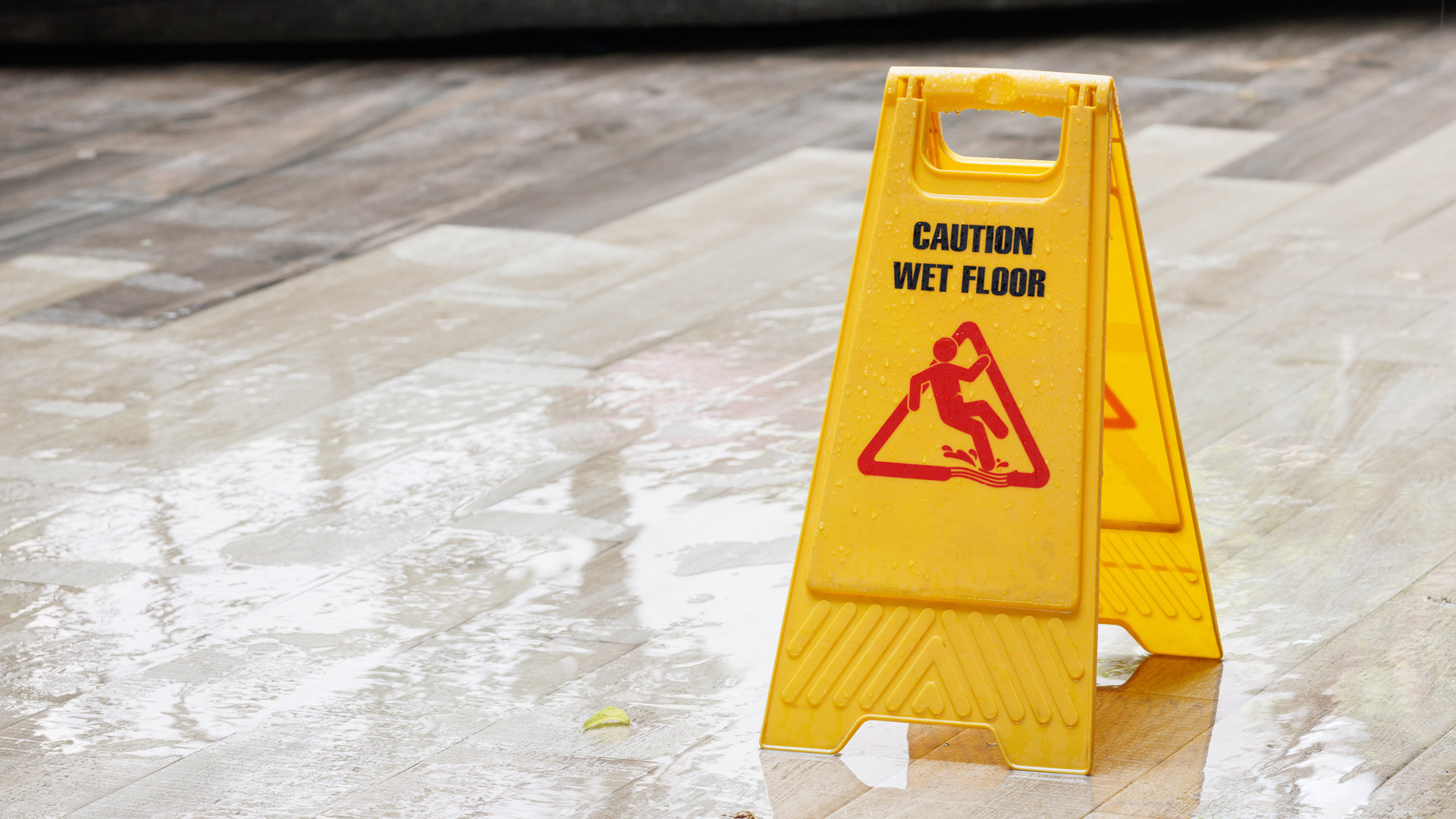
The Slips, trips and falls course explains the measures that can be implemented to prevent slips, trips and falls in the workplace.

Introduction to health and safety gives learners a basic introduction to managing safety in their workplace.
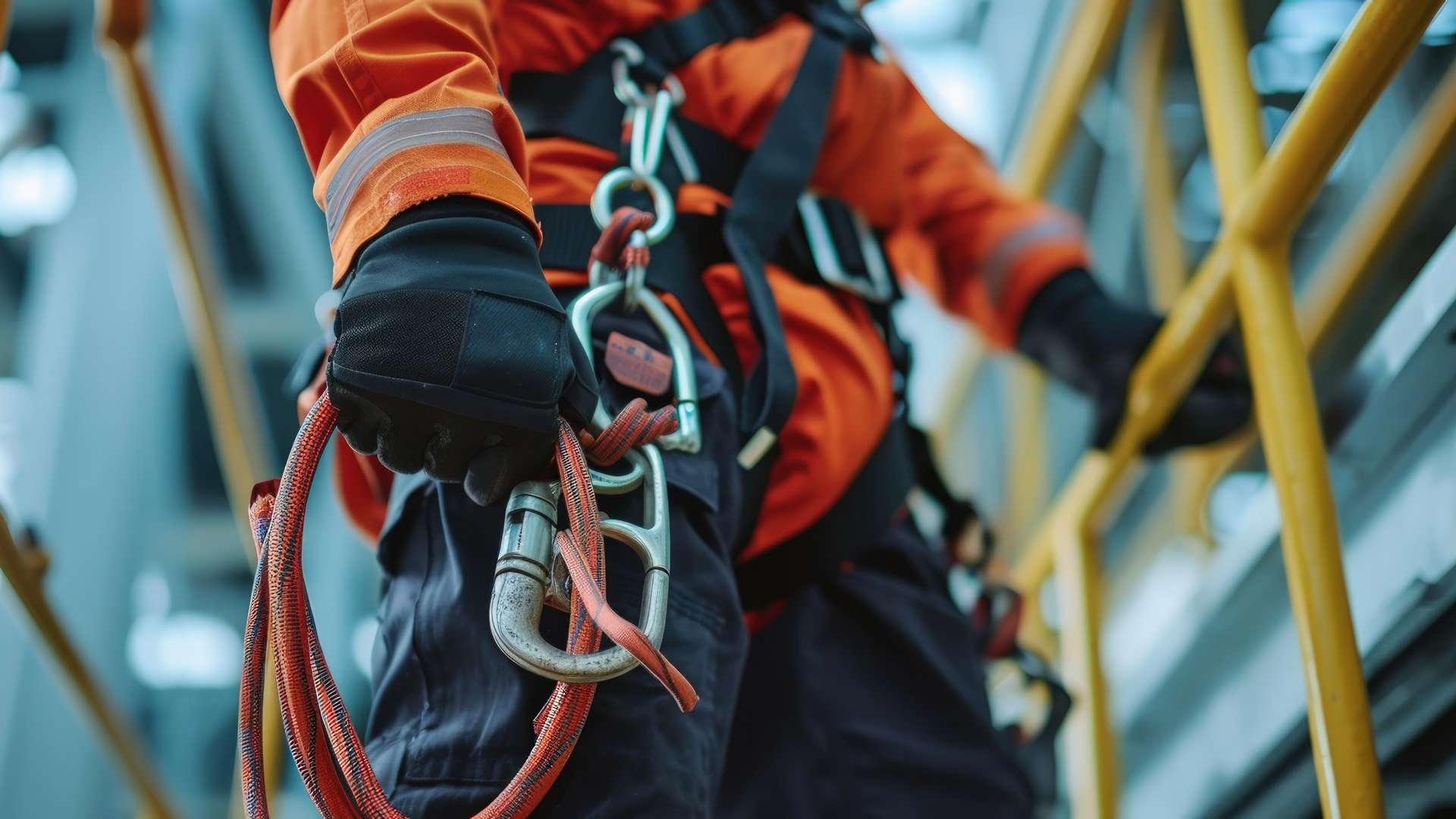
The Working at height course helps learners understand the dangers associated with working at height and ways to control the risks
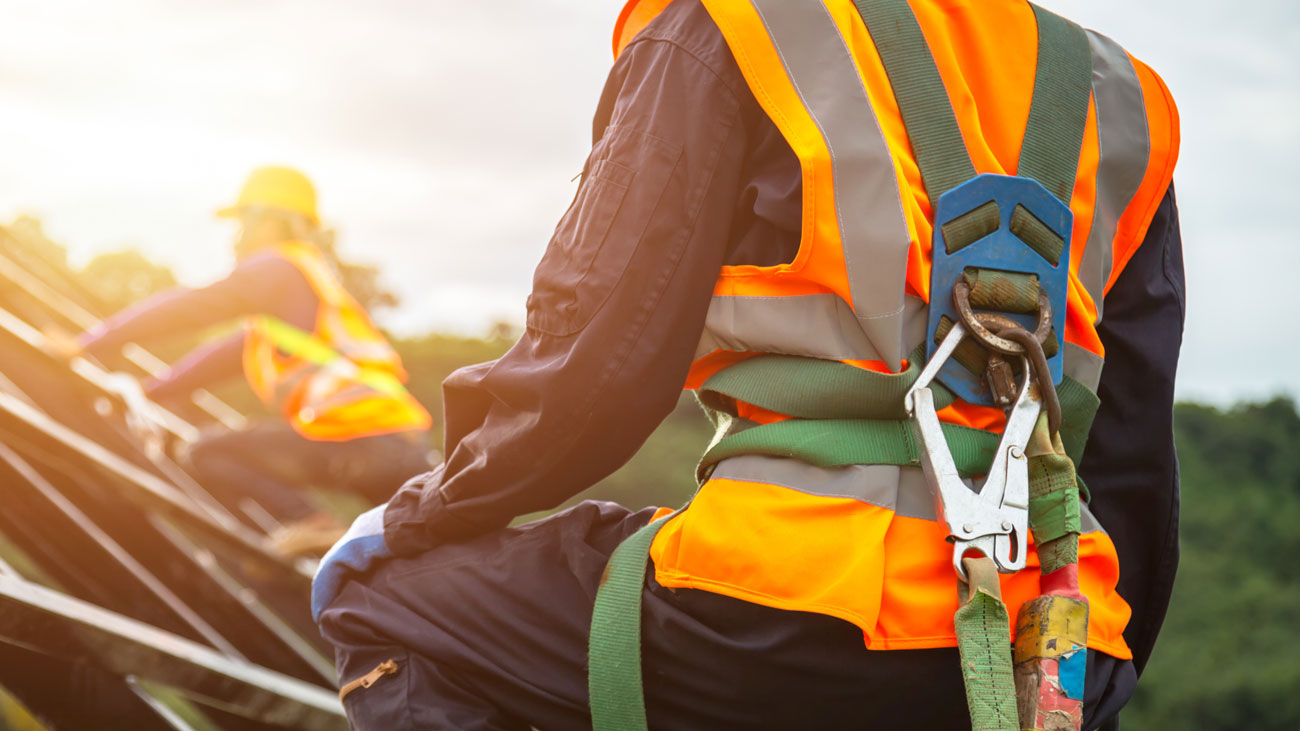
The Access Industry Forum (AIF), the forum that represents the principal work at height trade associations and federations, is calling for clearer rep...
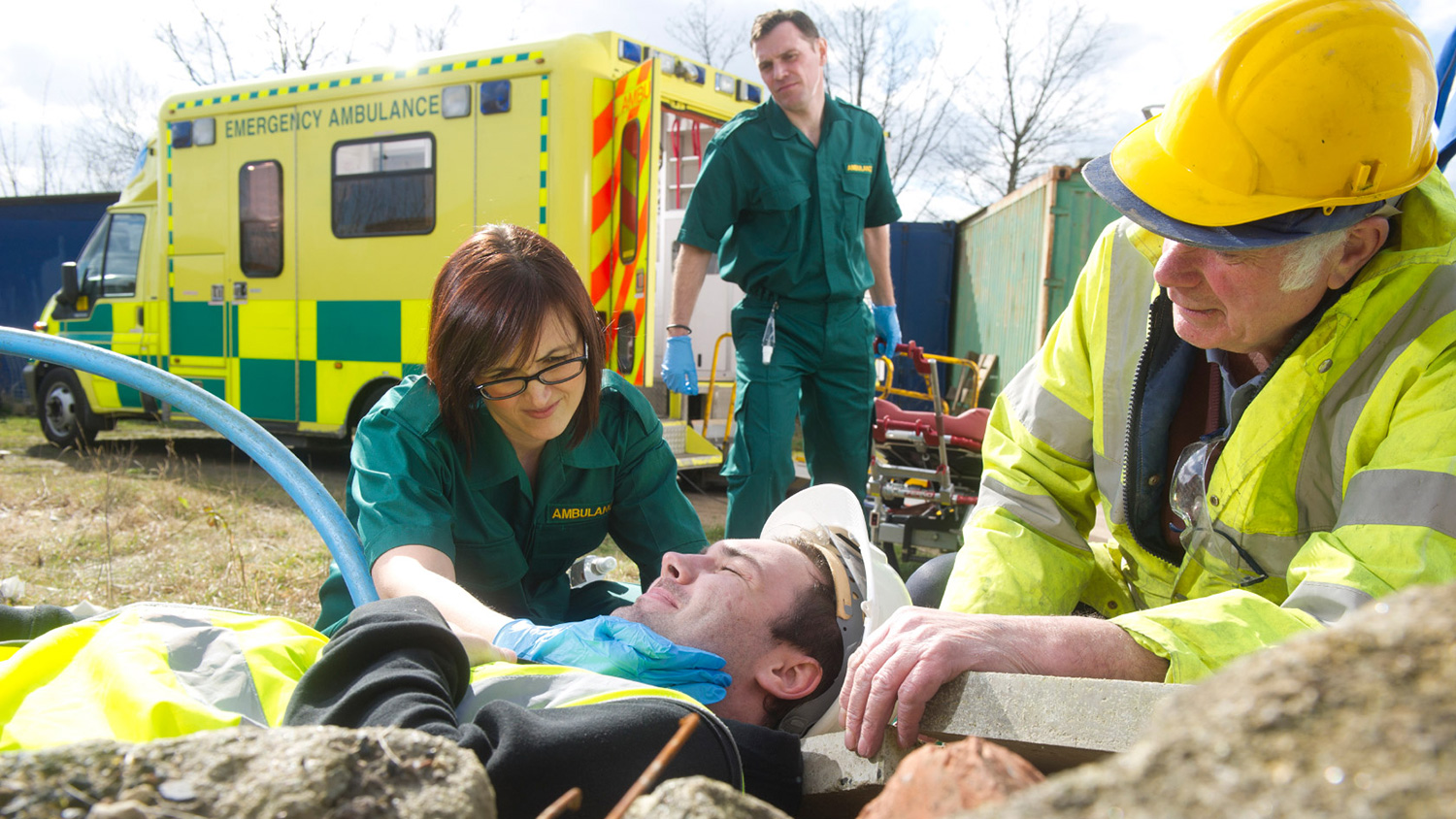
New IOSH President Stuart Hughes is calling on the profession to challenge itself to develop new ways of tackling the “unacceptably high” number of wo...

You may not realise it but there’s no legal duty on an employer to carry out an investigation into an incident in the workplace. But, says law firm rr...

Employers are increasingly likely to go unpunished after workplace accidents it seems, as research by Prospect Union reveals the number of investigati...